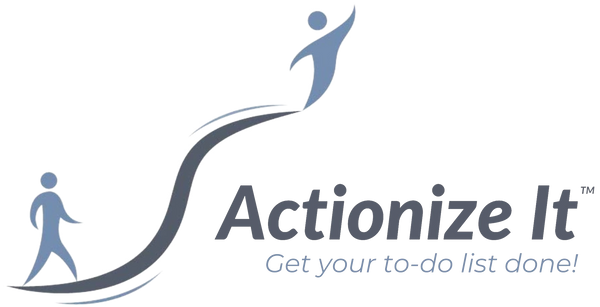As parents, we all want the best for our children, especially when they're heading into a new school year or embarking on a college journey. Accommodations for students with ADHD are essential, and can be the difference between succeeding and struggling in school. It is, however important to know which ones can bring the biggest opportunities for support in the classroom.
Accommodations for Students With ADHD- Creating a Path for Success
Often parents wonder if accommodations will provide a support system or a crutch for students with ADHD who tend to struggle meeting deadlines, studying for tests, and spending enough time on homework to reflect their intellectual skills. Just as glasses are provided to a person with poor vision allows them to see better, and therefore perform better, accommodations (when used correctly), can help a student gain the necessary skills to overcome some common obstacles associated with ADHD. Providing them with the right accommodations can level the playing field and help them reach their full potential. Here are some common accommodations that can significantly benefit students with ADHD:
1. Extended Time on Tests
Many students with ADHD struggle with time management and may need extra time to complete tests or assignments. Providing time and a half or double time can alleviate the pressure and allow them to demonstrate their true knowledge.
2. Extended Due Dates with Advance Notice
Setting longer deadlines for assignments can help students with ADHD plan their time more effectively and reduce the stress associated with last-minute work. This accommodation acknowledges their need for additional time to process information and complete tasks.
3. Preferential Seating
Arranging for students with ADHD to sit at the front of the classroom can minimize distractions and help them stay focused on the lesson. It also makes it easier for teachers to provide support and reminders when needed.
4. Note-Taking Support
Some students with ADHD may struggle with note-taking. Providing them with a copy of lecture notes, allowing them to record classes using AI to transcribe lectures, or pairing them with a note-taking buddy can help ensure they have access to the necessary information.
Taking notes during a lecture can drain executive functioning for anyone. A person with ADHD however can typically either focus on taking notes, or focus on understanding the lecture. Doing both requires working memory, and quick processing skills which aren't always available to those with ADHD.
Utilizing assistive technology, such as text-to-speech software, can be a game-changer for students with ADHD. It allows students to pay attention to the lecture, taking a few notes, while feeling secure that they won't miss things if they don't write down each word they hear.
5. Regular Check-Ins and Reminders
Teachers or support staff can implement regular check-ins to ensure students are on track and offer reminders about upcoming assignments and deadlines. Regular accountability helps students feel the right amount of responsibility for completing projects on time, rather than waiting until the deadline approaches. Teachers who give multi-step assignments like essays, or projects can offer assistance to students (complete with mini-deadlines) to help them break the assignment into smaller steps, spacing out the workload over a longer period of time. This proactive approach helps students with ADHD stay organized and manage their responsibilities.
6. Quiet or Alternative Testing Environments
For students who are easily distracted, providing a quiet, distraction-free testing environment or allowing them to take tests in a separate room can make a significant difference in their performance.
8. Frequent Short Breaks
Students with ADHD may benefit from regular, short breaks during longer class periods or study sessions. These breaks allow them to recharge and refocus, enhancing their overall productivity.
9. Visual Schedules and Checklists
Visual aids, such as schedules and checklists, can help students with ADHD stay organized and understand the sequence of tasks and deadlines. These tools provide a clear and structured approach to managing their responsibilities.
Of course we recommend the Actionize It planning system for kids of all ages as it provides a step by step approach to planning, taking action, and staying on top of deadlines.
Tailoring Accommodations to Individual Needs
It's important to remember that every student with ADHD is unique, and their specific needs may vary. Accommodations should be personalized to address their individual challenges and strengths. A collaborative approach involving parents, educators, and the students themselves can help identify the most effective accommodations.
By recognizing the importance of accommodations and actively working to implement them, you can empower your child with ADHD to thrive in their academic and personal pursuits. These accommodations not only provide necessary support but also reinforce the idea that your child's unique abilities are valued and respected. This, in turn, strengthens the foundation of trust, acceptance, and compassionate communication in your parent-child relationship.
Supporting students with ADHD involves not only fostering a compassionate and curious connection but also ensuring they have access to accommodations that cater to their specific needs. Together, these elements create an environment where your child can flourish, succeed, and enjoy the journey of learning and personal growth.

